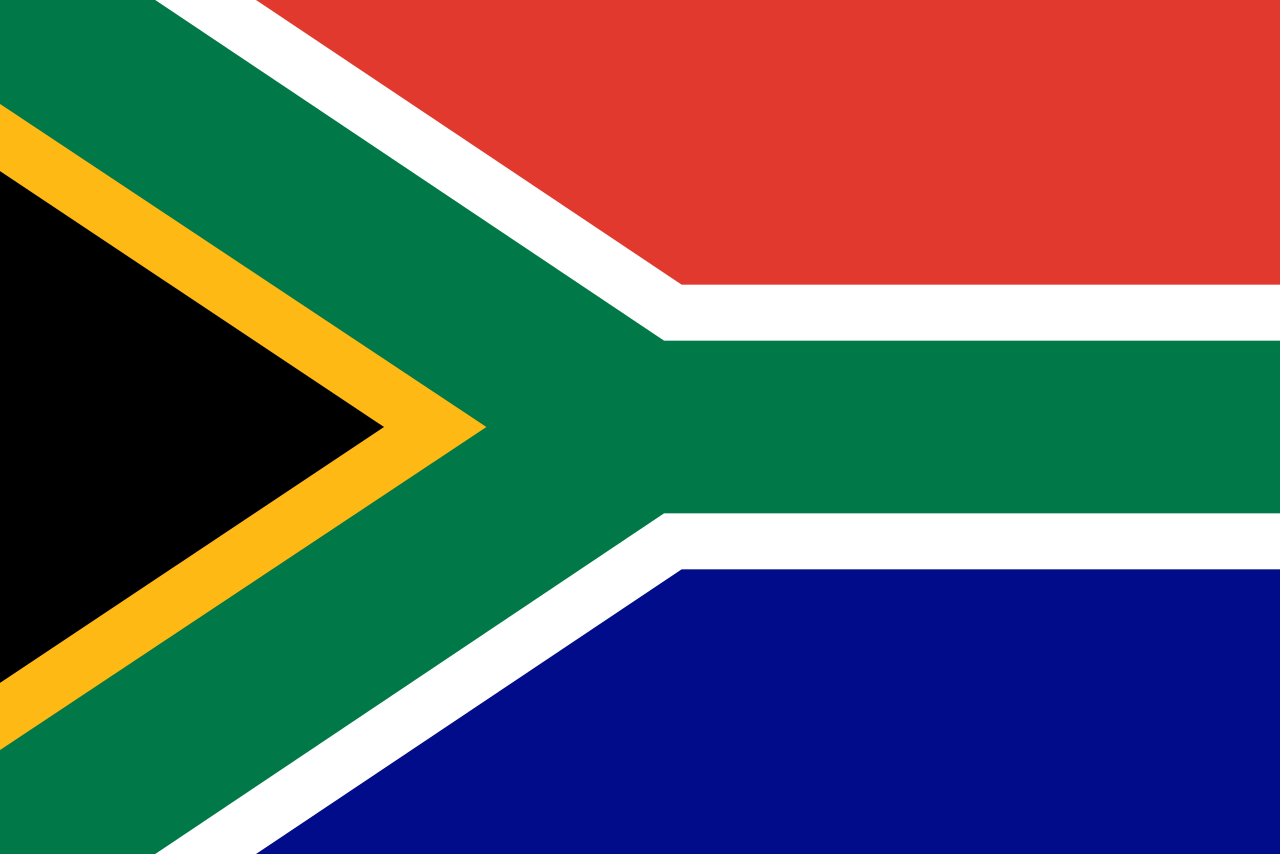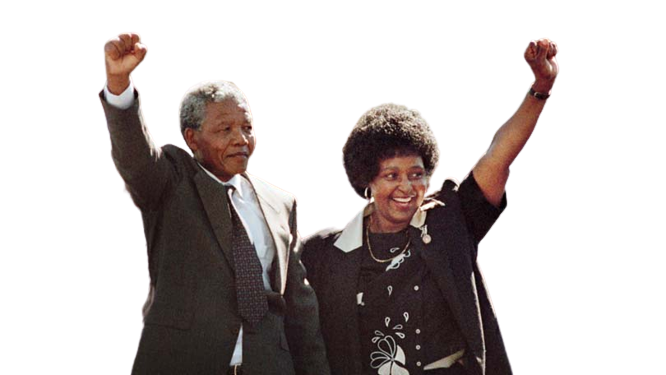

In northern South Africa near Johannesburg, there is a cave formation called the Sterkfontein. Within these
caves, archaeologists have uncovered some of the earliest human fossils ever found. Some are more than two
million years old. The find earned the region the nickname "Cradle of Humankind."
About 24,000 years ago, tribes of hunter-gatherers known as the San, or Bushmen, began moving into South Africa.
Many San still live, much as their ancestors did, around the Kalahari Desert in the northwest.
In the 1400s, European ships heading to the Far East began stopping on the South African coast for supplies. In
1652, the Netherlands established the southern city of Cape Town, and Dutch farmers, called Boers, began
settling in the areas around the city.
In 1806, wars in Europe left the British in control of the Cape Town colony. In 1910, the British united four
colonies in the region and created South Africa. They established laws that separated whites from black South
Africans, a practice of segregation called apartheid, which led to decades of conflict.
The National Party imposed apartheid in 1948,
institutionalising previous racial segregation. After a long and sometimes violent struggle by the African
National Congress and other anti-apartheid activists both inside and outside the country, the repeal of
discriminatory laws began in the mid-1980s.
In 1963, Nelson Mandela, head of the anti-apartheid African National Congress, was given a life sentence in jail
for "terrorist" activities. In 1990, after 27 years behind bars, he was freed by President F.W. de Klerk. In
1994, Mandela was elected president of South Africa and served until 1999.